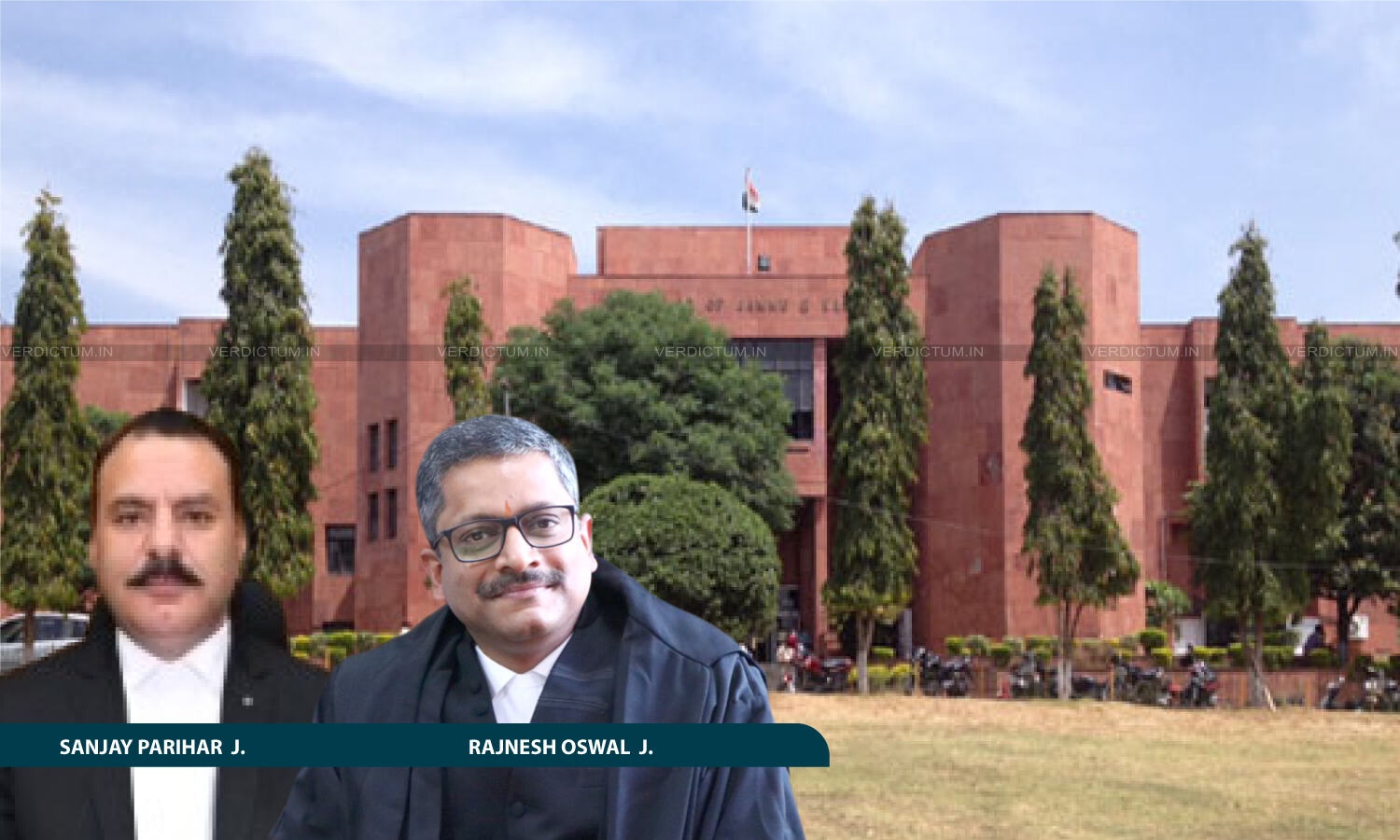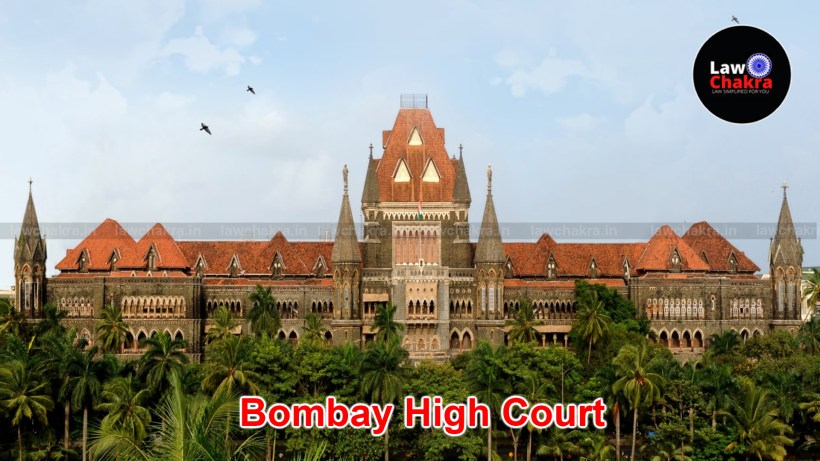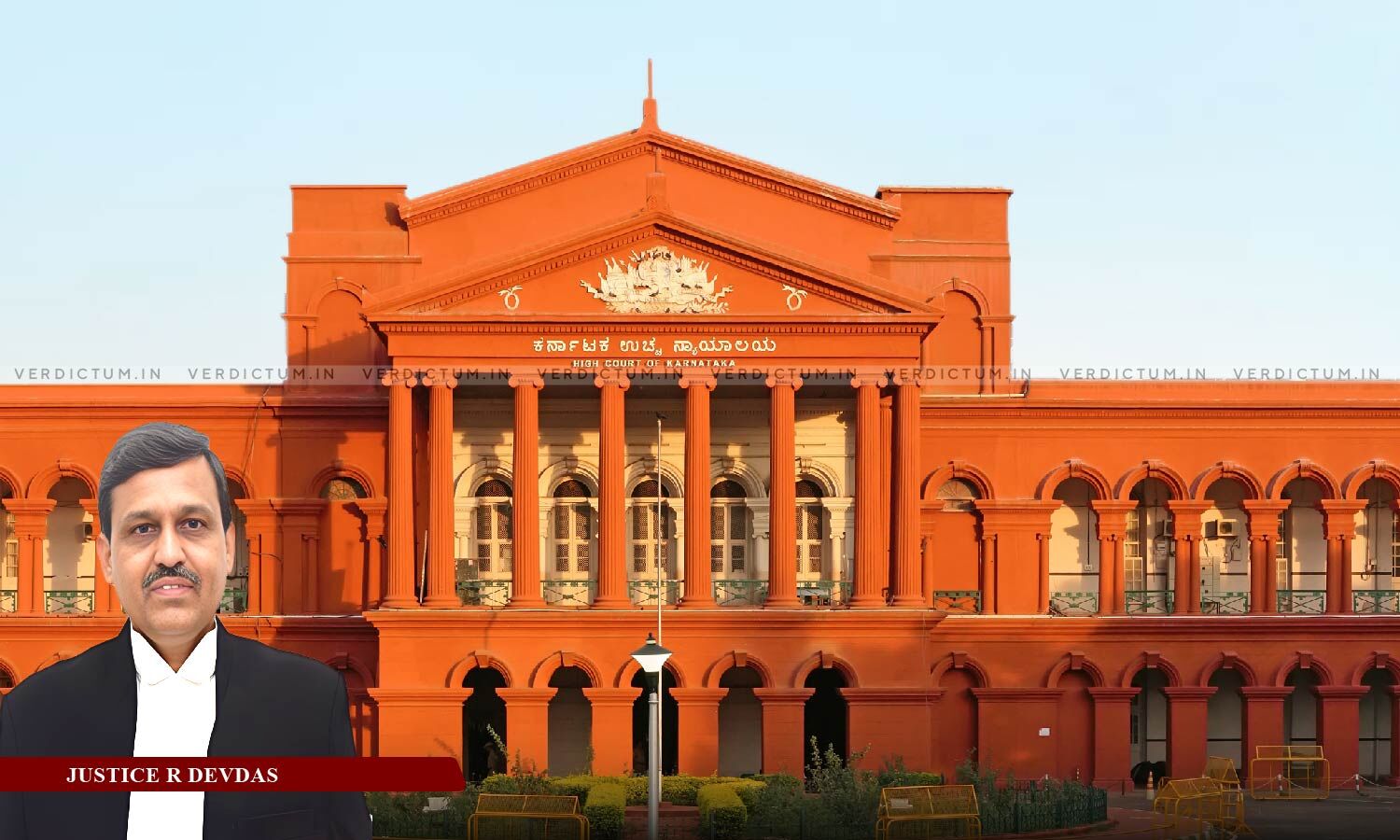Jammu and Kashmir & Ladakh High Court Denies Bail To Accused In UAPA Case

While dismissing the appeals of UAPA accused persons allegedly involved with the terrorist organization JeM, the Jammu and Kashmir and Ladakh High Court has observed that the offences for which the accused were being tried carried imprisonment extending up to life and for some, the imprisonment was for ten years.
The High Court held that bail could not be asked for as a matter of right as the accused were short of having completed five years of trial.
The appeals before the High Court arose out of an order of rejection of bail in a case registered under Sections 7 & 25 of the Arms Act, 3 and 4 of the Explosive Substances Act, 18, 20, 23, and 39 of the UA(P) Act. The main ground of challenge was that both the appellants were facing trial for more than four years and the order of rejection of bail was passed without appreciating the facts and circumstances of the case.
The Division Bench of Justice Sanjay Parihar and Justice Rajnesh Oswal said, “In the instant case, the appellants have already undergone more than four years of custody whereas, trial is underway and eleven witnesses have been examined. The offences for which appellants are being tried carry imprisonment extending up to life and for some, the imprisonment is for ten years, so by applying K.A. Najeeb’s case still the appellants are short of having completed five years of trial, so the bail on such ground cannot be asked for as a matter of right.”
“As discussed above, the material available on record indicates the involvement of the appellants in furtherance of terrorist activities backed by members of terrorist organization that is why two of their accomplices were killed in an encounter during the currency of the investigation, so mere delay in trial that too pertaining to grave offences as the one involved cannot be urged as a ground for granting of bail”, it added.
Advocate Wajid Mohammad Haseeb represented the Appellants while Sr. AAG Mohsin Qadri represented the Respondents.
Factual Background
The incident dates back to the year 2021, when a police escort intercepted an Alto Car and the occupants of the car tried to escape but were overpowered. During questioning, they disclosed their particulars as Imran Ahmad Hajam and Irfan Ahmad Ahanger, and during the search of the vehicle, 2 pistols, 13 pistol magazines, and 116 live pistol rounds were recovered which led to the registration of FIR. During questioning, they were found to be active recruits of banned terrorist organization JeM. On the disclosure of Imran Ahmad Hajam identity of various other active members surfaced who were receiving arms and ammunition from JeM terrorist Hidayat-ullah Malik for carrying subversive activities in order to boost militancy. Further, on their questioning, involvement of appellants Bilal Ahmad Kumar and Tawfeeq Ahmad Laway also surfaced whereupon from the possession of former one hand grenade was recovered and from that of later, one kilogram of explosive material came to be recovered who too were booked.
From the evidence collected and the statements of the witnesses, six accused including the appellants were found involved in hatching criminal conspiracy against the sovereignty of India and based upon evidence, were found to be involved in militant activities carrying explosive substances for committing a terrorist act.
Reasoning
The Bench explained that for offences falling under Chapter IV and VI of the Unlawful Activities (Prevention) Act, the restrictions imposed under Section 43-D (5) are in addition to the restrictions imposed under the Code of Criminal Procedure. “So, what Section 43-D speaks of is that it modifies the application of general provisions of bail in respect of the offences punishable under Chapter IV and VI of the Act”, it said.
The Bench further explained that the words “prima facie true” on the face of it, mean that the material must show the complicity of the accused in the commission of the offence i.e. the material/evidence must be good and sufficient to establish the given fact or chain of facts constituting the stated offence, unless rebutted or contradicted by other evidence. The exercise to be undertaken at the stage of grant or refusal of the bail is merely different because the Court cannot elaborate into examination or dissection of the evidence, rather the Court is expected to record the finding on the basis of broad probabilities regarding the involvement of the accused in the commission of the stated offences or otherwise.
The Bench further held, “In the instant case, the appellants have already undergone more than four years of custody whereas, trial is underway and eleven witnesses have been examined. The offences for which appellants are being tried carry imprisonment extending up to life and for some, the imprisonment is for ten years, so by applying K.A. Najeeb’s case still the appellants are short of having completed five years of trial, so the bail on such ground cannot be asked for as a matter of right.”
The Bench was of the view that the offences committed by the appellants couldn’t be regarded as run of the mill, but the one that are exceptional in nature. The material available on record indicated that the involvement of the appellants in furtherance of terrorist activities backed by members of terrorist organization.
“At the cost of repetition, the appellants have not been able to persuade us to take a contrary view than the one taken by the trial court. We neither find any kind of perversity in the order impugned nor any mitigating factor to warrant a view of granting bail to the appellants”, it noted while dismissing the appeals.
Cause Title: Bilal Ahmad Kumar v. Union Territory Th. SHO Police Station Bijbehara ( Case No.: CrlA(D) 78/2024)
Appearance:
Appellants: Advocate Wajid Mohammad Haseeb
Respondents: Sr. AAG Mohsin Qadri, Assisting Counsel Maha Majeed





